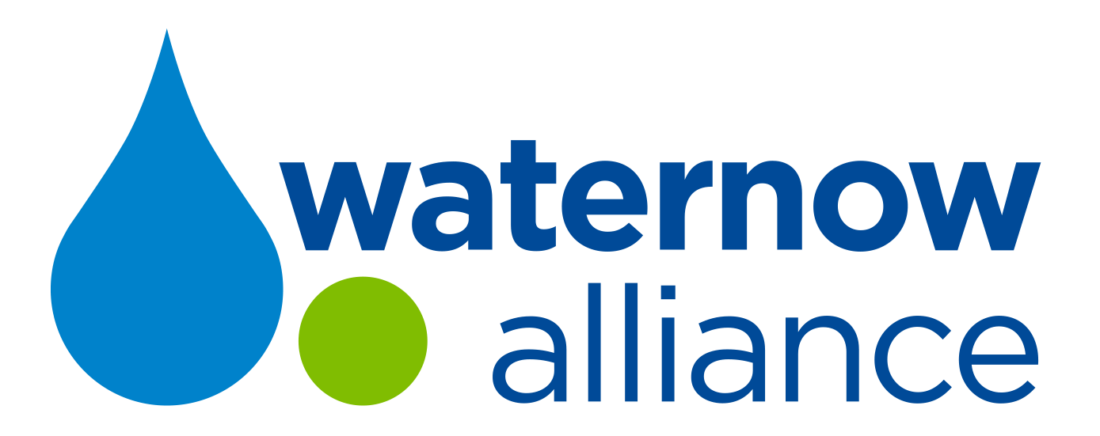Research Initiative: Community Gardens and Water Management
The Potential for Urban Agriculture and Community Gardening as a Water Resource Management Tool in the Intermountain West Our Approach Project OutcomesProject Goal
Recognizing the movement towards local food and food production, the Front Range of Colorado has become home to a vibrant urban agriculture and community gardening network. Throughout Colorado and the Intermountain West there have been limited studies or research on whether urban agriculture and community gardens can support increased water supply reliability and provide green stormwater infrastructure benefits. To better understand the role urban agriculture and community gardens can play in addressing water resource challenges in Colorado, this research initiative addressed the following questions: (1) Can urban agriculture in Colorado help to both manage stormwater runoff and reduce demand on municipal water supplies? and if so, (2) What policy actions can be taken to encourage urban agriculture as a land use planning and water management tool?
Our Approach
WaterNow Alliance and Western Resource Advocates began this project with an in-depth literature review on the water conservation and stormwater management potential associated with urban agriculture. This research also examined the social, ecological, and economic co-benefits of urban agriculture. The project team also conducted 16 stakeholder interviews with water providers, academics, and urban agriculture practitioners across the Front Range to gain a deeper understanding of the local context of water resource and stormwater management potential in relation to urban agriculture. The project team summarized our findings in a memo for the Colorado Water Conservation Board with specific policy recommendations for consideration in the forthcoming Colorado Water Plan.
Outcomes
The project uncovered evidence in support of the water conservation and stormwater management potential of urban agriculture – along with its many co-benefits, including improved community cohesion, neighborhood aesthetics, a local food source, reduced heat island effect, educational opportunities, and reduced greenhouse gas emissions from transporting food. Local and statewide policy actions could be taken to remove barriers and promote more widespread urban agriculture in Colorado. These key policy actions include addressing potential research and knowledge gaps (such as conducting studies on water use and retention associated with urban agriculture in Colorado), water-related barriers and policy considerations (such as the cost of and access to water), and land use barriers and policy considerations (such as increasing access to land in urban spaces). You can read the final policy recommendations here. While the actions listed in the memo would primarily be implemented at the local level, the state can provide support by developing best practices, guidelines, educational resources, and funding to remove barriers to more widespread urban agriculture.



